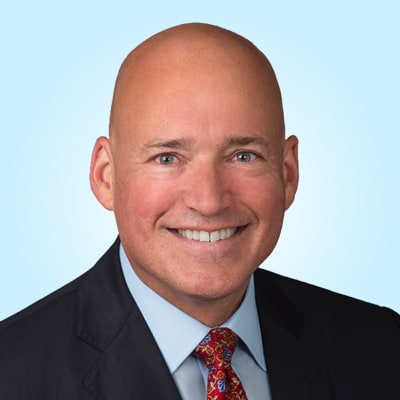This course will provide an overview of trademarks, including how to select, register using the new USPTO Trademark Center, and maintain. The course will then discuss a number of recent court decisions relating to trademarks, including the risk of using another’s trademarks in ads, risks of comparing products in ads, failure to function, de minimis use, genericness, surnames, and translations.
- Trademark Overview
- Understand how to define a trademark
- Sliding scale of trademark strength
- Why register a trademark with the USPTO
- Trademark Process
- Walk through the trademark process
- Search, file, and maintain
- Possible Pitfalls in the Trademark Process
- Failure to adequately select an enforceable trademark
- Failure to meet USPTO requirements
- Failure to adhere to the “less is more” principle
- Failure to maintain or even complete registration
- Advertising Issues
- Risk of using another’s trademarks in ads
- Risks of comparing products in ads
- Court Decisions
- Court decisions relating to failure to function, de minimis use, genericness, surnames, and translations
- Questions & Answers (as time permits)
This webinar is divided into section summaries, which you can scan for key points and then dive into the sections that interest you the most.
Please note this AI-generated summary provides a general overview of the webinar but may not capture all details, nuances, or the exact words of the speaker. For complete accuracy, please refer to the original webinar recording.
*CLE credit is only available to Justia Connect Pros. Not a Pro? Upgrade today>>
Status: Approved
Credits: 1.00 General
Earn Credit Until: June 30, 2026
Status: Approved
Credits: 1.00 General
Difficulty: All Levels
Earn Credit Until: December 31, 2025
Status: Approved
Credits: 1.00 General
Earn Credit Until: February 28, 2026
Status: Approved
Credits: 1.00 General
Earn Credit Until: May 31, 2026
This presentation is approved for one hour of General CLE credit in California, South Carolina (all levels), and North Carolina. This course has been approved for Minimum Continuing Legal Education credit by the State Bar of Texas Committee on MCLE in the amount of 1.00 credit hours.
Justia only reports attendance in jurisdictions in which a particular Justia CLE Webinar is officially accredited. Lawyers may need to self-submit their certificates for CLE credit in jurisdictions not listed above.
Note that CLE credit, including partial credit, cannot be earned outside of the relevant accreditation period. To earn credit for a course, a lawyer must watch the entire course within the relevant accreditation period. Lawyers who have viewed a presentation multiple times may not be able to claim credit in their jurisdiction more than once. Justia reserves the right, at its discretion, to grant an attendee partial or no credit, in accordance with viewing duration and other methods of verifying course completion.
At this time, Justia only offers CLE courses officially accredited in certain states. Lawyers may generate a generic attendance certificate to self-submit credit in their own jurisdiction, but Justia does not guarantee that lawyers will receive their desired CLE credit through the self-submission or reciprocity process.

Kirby Drake Law PLLC
Kirby B. Drake is the Founder of Kirby Drake Law PLLC in Dallas, Texas. Since 2002, Ms. Drake has focused her efforts on helping clients successfully navigate their intellectual property (IP) challenges, whether those challenges relate to patents, trademarks, trade secrets, or copyrights. She has a special focus on the patent process, as she is a registered patent attorney. Ms. Drake is a former chair of the State Bar of Texas Intellectual Property (IP) Section as well as the Women and the Law (WAL) Section.


